Home>Furniture>Outdoor Furniture>How To Clean Grease Off Patio Pavers
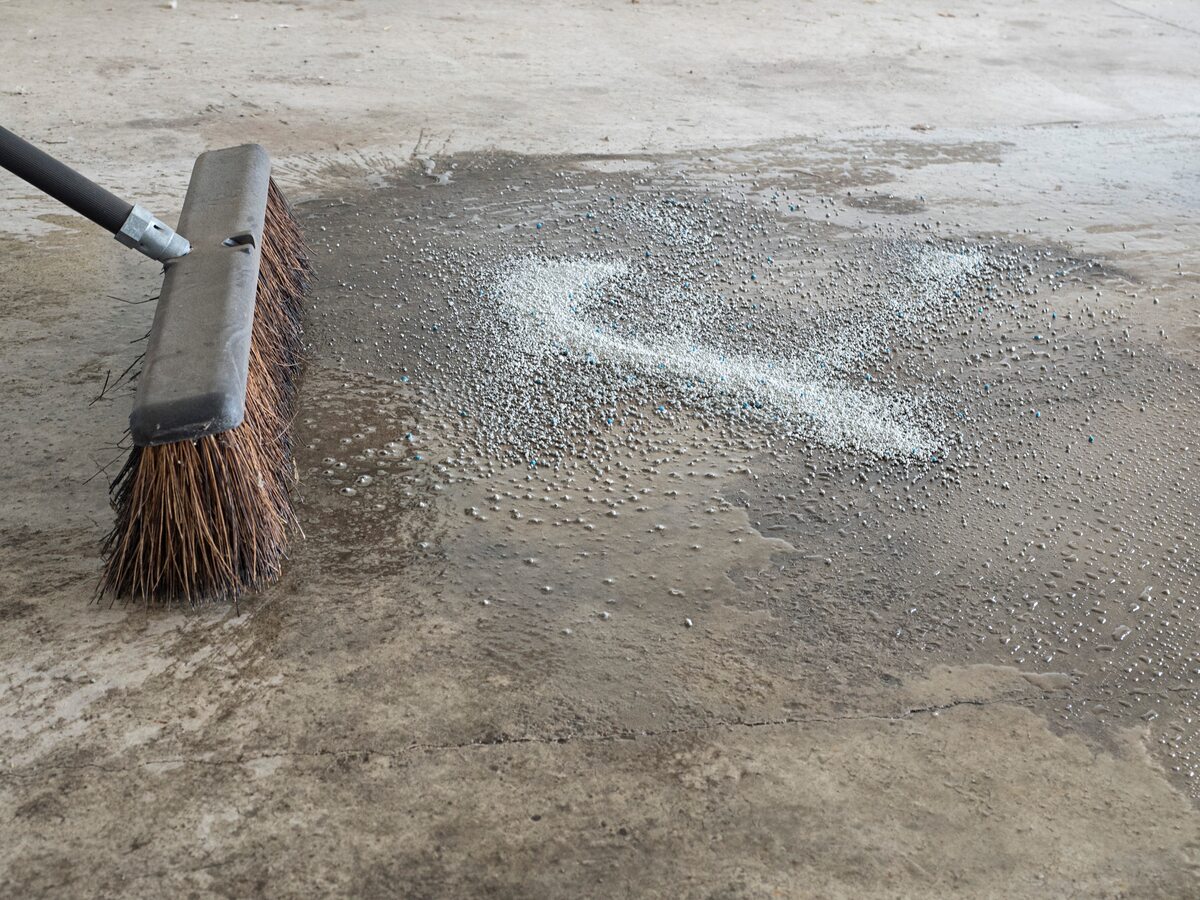

Outdoor Furniture
How To Clean Grease Off Patio Pavers
Modified: March 7, 2024
Looking for effective ways to remove grease stains from your outdoor patio pavers? Discover expert tips and tricks for cleaning outdoor furniture
(Many of the links in this article redirect to a specific reviewed product. Your purchase of these products through affiliate links helps to generate commission for Storables.com, at no extra cost. Learn more)
Introduction
Welcome to our comprehensive guide on how to clean grease off patio pavers. Patio pavers are a popular choice for outdoor spaces due to their durability and aesthetic appeal. However, over time, grease stains can accumulate on these surfaces, detracting from their beauty and creating a potential slipping hazard. It’s important to regularly maintain and clean your patio pavers to keep them looking their best.
In this article, we will take you through a step-by-step process to effectively remove grease stains from your patio pavers. We’ll also provide some safety precautions you should consider before starting the cleaning process.
Grease stains can come from various sources such as barbecues, grills, outdoor cookouts, or even accidental spills. Regardless of the source, it’s crucial to address grease stains promptly to prevent them from becoming permanent and more challenging to remove.
Before we dive into the cleaning process, it’s essential to understand the nature of grease stains on patio pavers. Grease is a stubborn substance that can penetrate the porous surface of the pavers, making it more difficult to remove with regular cleaning methods.
Therefore, it’s essential to follow the right cleaning techniques and use appropriate cleaning agents to break down the grease molecules, ensuring thorough stain removal without causing damage to the pavers.
Additionally, it’s crucial to prioritize safety when working with cleaning agents and outdoor surfaces. As we go through the cleaning process, we will highlight necessary safety precautions to help you carry out the tasks effectively and safely.
So, let’s get started on tackling those unsightly grease stains and bringing back the beauty of your patio pavers.
Key Takeaways:
- Say goodbye to grease stains on your patio pavers by following our step-by-step guide. With the right supplies and techniques, you can restore the beauty of your outdoor space and prevent future stains.
- Prioritize safety and preventive measures to keep your patio pavers grease-free. From protective gear to designated cooking areas, these tips will help you maintain a pristine outdoor space for years to come.
Read more: How To Remove Grease From Patio Pavers
Understanding Grease Stains on Patio Pavers
Greasestains on patio pavers can be quite persistent and challenging to remove. It’s important to understand the nature of these stains to effectively tackle them. Grease, as a substance, is smooth and oily in texture, making it adhere to surfaces easily. When it comes into contact with patio pavers, it can seep into the porous surface and form a stubborn stain.
The porous nature of patio pavers allows grease to penetrate deeper into the material, making it more difficult to remove with just water and regular cleaning methods. This is why standard sweeping or mopping may not be sufficient to eliminate grease stains.
Common sources of grease stains on patio pavers include cooking oils, marinades, butter, and food drippings from outdoor cooking activities. Over time, these stains can accumulate and leave an unsightly and greasy appearance on your pavers.
Not only do grease stains impact the aesthetics of your outdoor space, but they can also pose a safety risk. Grease can make the surface slippery, increasing the chances of accidents and falls.
It’s worth mentioning that while grease stains can occur on various types of patio pavers, certain materials with more porous surfaces, such as natural stone or concrete pavers, are more prone to absorbing and trapping grease. Thus, it’s crucial to address these stains promptly and with the appropriate cleaning methods to prevent any long-term damage.
Now that we have a better understanding of grease stains on patio pavers, let’s move on to the necessary safety precautions you should consider before starting the cleaning process.
Safety Precautions before Cleaning
Before you begin the process of cleaning grease stains off your patio pavers, it’s important to prioritize safety. This will help ensure that you can effectively clean the stains while minimizing any potential risks or accidents. Here are some essential safety precautions to keep in mind:
- Protective Clothing and Gear: Wear appropriate protective clothing, such as gloves and safety goggles, to protect your skin and eyes from any cleaning agents or debris that may be involved in the process.
- Ventilation: If you are using cleaning agents that emit strong fumes, make sure you are working in a well-ventilated area. Open windows and doors, or consider wearing a mask to avoid inhaling any potentially harmful substances.
- Read Product Labels: If you’re using commercial degreasers or other cleaning solutions, carefully read and follow the instructions and safety guidelines provided by the manufacturer. This will help you use the products safely and effectively.
- Test in a Small Area: Before applying any cleaning solution or degreaser to the entire stained area, it’s always a good idea to test it in a small, inconspicuous area of the pavers. This will allow you to ensure that the solution does not cause any adverse reactions or damage to the material.
- Avoid Contact with Plants: If you have plants or vegetation near your patio pavers, be mindful of the cleaning products you’re using. Some solutions may be harmful to plants, so it’s important to protect them or cover them before starting the cleaning process.
- Avoid Excess Water: While rinsing off the cleaning solutions or degreasers, be cautious not to oversaturate the pavers with water. Excess water can seep into the paver joints or create standing water, which may lead to potential damage or future mold and mildew issues.
- Maintain Proper Posture and Technique: Remember to maintain a good posture and use proper lifting techniques when moving heavy equipment or power washing. This will help prevent any strain or injury to your back or other parts of your body.
By following these safety precautions, you’ll create a safe environment for yourself and minimize any potential risks while cleaning your patio pavers. With safety in mind, let’s move on to the supplies you’ll need for the cleaning process.
Supplies Needed
Before you get started with the process of cleaning grease stains off your patio pavers, it’s important to gather the necessary supplies. Having these items ready will make the cleaning process smoother and more efficient. Here’s a list of the supplies you’ll need:
- Dish Soap: A gentle dish soap will help break down the grease and facilitate its removal. Choose a soap that is environmentally friendly and safe for use on outdoor surfaces.
- Baking Soda: Baking soda is a versatile cleaning agent that can be used to absorb odors and remove stains. It can be particularly helpful in tackling stubborn grease stains.
- Vinegar: White vinegar is another excellent natural cleaning agent that can help dissolve grease. Its acidic properties make it effective in breaking down tough stains.
- Commercial Degreaser: If the grease stains are particularly stubborn and don’t respond to gentler cleaning methods, you may need to use a commercial degreaser. Choose a degreaser that is suitable for the type of pavers you have.
- Protective Gloves and Goggles: To ensure your safety, wear protective gloves and goggles to shield your skin and eyes from any chemicals or debris.
- Scrub Brush: Use a stiff-bristle scrub brush to agitate the grease stains and help lift them from the surface of the pavers.
- Power Washer: A power washer can be a valuable tool for removing tough grease stains. It uses pressurized water to blast away dirt and grime.
- Broom or Sweeper: A broom or sweeper will be useful for sweeping away loose dirt and debris before you start the cleaning process.
- Bucket: A bucket will come in handy for mixing cleaning solutions and carrying water for rinsing.
- Protective Coverings: If there are nearby plants or outdoor furniture, consider using protective coverings such as plastic sheets to prevent any cleaning solutions or debris from damaging them.
By having these supplies on hand, you’ll be well-prepared to tackle the grease stains on your patio pavers. With the supplies gathered, let’s move on to step one – removing grease stains with dish soap.
Step 1: Removing Grease Stains with Dish Soap
Dish soap is an excellent first line of defense when it comes to removing grease stains from patio pavers. Its gentle yet effective cleaning properties can break down the grease and make it easier to lift off the surface. Follow these steps to remove grease stains with dish soap:
- Start by sweeping or using a broom to remove any loose dirt and debris from the surface of the patio pavers. This will ensure that the dish soap can penetrate the grease stains effectively.
- In a bucket, mix warm water with a liberal amount of dish soap. Stir the mixture to create a soapy solution.
- Dip a scrub brush into the soapy solution and then apply it directly to the grease stains. Use the brush to scrub the affected areas in a circular motion, applying gentle pressure.
- Continue scrubbing until you notice the grease stains starting to lift off the surface. You may need to reapply the soapy solution and scrub more vigorously for stubborn stains.
- Once the stains have been thoroughly scrubbed, rinse the area with clean water to remove any leftover soap residue.
- Inspect the pavers to see if any grease stains remain. If needed, repeat the process of scrubbing with the dish soap solution until the stains are completely gone.
- Allow the patio pavers to air dry completely before moving on to the next steps.
It’s important to note that while dish soap is effective for general grease stains, it may not be sufficient for deeply embedded or stubborn stains. If you find that the dish soap method does not fully remove the grease stains, you may need to move on to stronger cleaning solutions in the next steps.
Now that you’ve successfully removed the grease stains using dish soap, let’s move on to step two – using a baking soda and vinegar mixture.
Mix equal parts of water and white vinegar in a spray bottle. Spray the solution onto the grease stains on the patio pavers and let it sit for 10-15 minutes. Scrub the area with a stiff brush and rinse with water. Repeat if necessary.
Read more: How To Clean Grease Off Toaster Oven
Step 2: Using Baking Soda and Vinegar Mixture
If dish soap alone doesn’t completely remove the grease stains from your patio pavers, the next step is to utilize the power of a baking soda and vinegar mixture. This combination creates a natural, chemical reaction that can effectively break down stubborn stains. Follow these steps to use the baking soda and vinegar mixture:
- In a small bowl, combine equal parts baking soda and white vinegar to create a paste. Mix the ingredients together until they form a consistent consistency.
- Apply the paste directly onto the remaining grease stains on the patio pavers. Use a scrub brush to work the mixture into the stains, applying gentle pressure.
- Allow the baking soda and vinegar mixture to sit on the stains for about 15-20 minutes. During this time, the paste will penetrate and break down the grease.
- After the allotted time, scrub the stains again with the scrub brush, focusing on the areas where the mixture was applied. Use circular motions and apply enough pressure to loosen the remaining grease.
- Rinse the area with clean water to remove any residue from the baking soda and vinegar mixture.
- Inspect the pavers to assess if any grease stains are still present. If necessary, repeat the process of applying the paste and scrubbing until the stains are completely gone.
- Once the stains are removed, rinse the pavers thoroughly with water to ensure that no cleaning residue remains.
- Allow the patio pavers to air dry completely before moving on to the next steps.
The mixture of baking soda and vinegar is a powerful and natural cleaning solution that can effectively tackle tough grease stains. However, if you encounter particularly stubborn stains that don’t respond to this method, it may be necessary to proceed to step three and use a commercial degreaser.
Now that you’ve successfully utilized the baking soda and vinegar mixture to tackle the grease stains, let’s move on to step three – applying a commercial degreaser.
Step 3: Applying a Commercial Degreaser
If the grease stains on your patio pavers remain stubborn even after using dish soap and the baking soda-vinegar mixture, it’s time to bring in a commercial degreaser. These specialized cleaning products are designed to effectively break down and remove tough grease stains. Follow these steps to apply a commercial degreaser:
- Start by reading and following the manufacturer’s instructions on the commercial degreaser product. Different products may have specific application methods and safety guidelines, so it’s important to familiarize yourself with these before proceeding.
- Ensure that the patio pavers are dry before applying the commercial degreaser. This will allow the product to penetrate the grease stains more effectively.
- Wear protective gloves and goggles to protect your skin and eyes from any potentially harsh chemicals in the commercial degreaser.
- Apply the commercial degreaser directly to the grease stains, following the instructions provided by the manufacturer. Use a sponge, brush, or spray bottle to apply the product evenly over the stained areas. Make sure to cover all affected areas thoroughly.
- Allow the degreaser to sit on the stains for the recommended amount of time, as specified by the manufacturer’s instructions. This will give the product time to break down the grease and loosen the stains.
- After the designated time has passed, use a scrub brush to agitate the stains and work the degreaser into the pavers. Scrub in circular motions, applying moderate pressure to help lift the remaining grease.
- Rinse the area with clean water to remove the degreaser and any remaining grease residue.
- Inspect the pavers to see if any stains are still present. If needed, repeat the process of applying the commercial degreaser and scrubbing until all the grease stains are eliminated.
- Once the stains are removed, rinse the patio pavers thoroughly with water to ensure that no cleaning residue remains.
- Allow the pavers to air dry completely before proceeding to the next steps.
Commercial degreasers provide an extra level of cleaning power to tackle stubborn grease stains on patio pavers. Always follow the manufacturer’s instructions for safe and effective use of these products.
Now that you’ve successfully applied the commercial degreaser, let’s move on to step four – power washing the patio pavers.
Step 4: Power Washing the Patio Pavers
Using a power washer is an effective method to thoroughly clean your patio pavers and remove any remaining dirt, debris, and residue from the previous cleaning steps. Follow these steps to power wash your patio pavers:
- Before starting, ensure that the patio pavers are dry and free of loose dirt and debris. Sweep or use a broom to remove any surface-level debris.
- Connect your power washer to a water source and ensure that it is in proper working condition.
- Adjust the pressure settings on your power washer to a suitable level for the pavers you’re cleaning. Start with a lower pressure setting and gradually increase it if necessary. High pressure may cause damage to certain types of pavers, so it’s important to exercise caution.
- Hold the power washer nozzle at a slight angle, about 12-18 inches away from the surface of the patio pavers.
- Start from one end of the paver area and move in a consistent and controlled motion, following the natural flow of the pavers. Avoid focusing the water stream on one spot for too long to prevent damage.
- Cover the entire surface of the patio pavers with the power washer, ensuring that you reach all corners and crevices.
- Pay specific attention to areas that had grease stains, as the power washer will help flush out any remaining residue.
- Continue power washing until you are satisfied with the cleanliness of your patio pavers. If necessary, you can go over certain areas multiple times to achieve the desired results.
- Once you have finished power washing, inspect the pavers for any remaining stains. If there are still traces of grease, you may need to repeat the previous steps or consider using a different cleaning approach for those specific areas.
- Allow the patio pavers to air dry completely before proceeding to the final step.
Power washing is an excellent way to remove any stubborn dirt and grime, providing a clean and refreshed look to your patio pavers. However, it’s important to use the power washer properly to avoid any damage and ensure the best results.
Now that your patio pavers are clean and free of grease stains, let’s move on to step five – preventing future grease stains.
Step 5: Preventing Future Grease Stains
After investing time and effort into cleaning your patio pavers and removing grease stains, it’s essential to take preventive measures to minimize the likelihood of future stains. Here are some helpful tips to prevent future grease stains on your patio pavers:
- Create designated cooking and eating areas: Establish specific zones for cooking and dining in your outdoor space. This will help contain any potential grease spills and prevent them from spreading to the pavers.
- Use protective mats or trays: Place mats or trays under grills, barbecues, and other cooking equipment to catch any grease drips or spills. This will prevent the grease from coming into direct contact with the patio pavers.
- Clean up spills immediately: Act quickly if a grease spill occurs. Use absorbent materials, such as paper towels or cat litter, to soak up the grease before it seeps into the pavers.
- Regularly clean cooking equipment: Maintain a clean grill or barbecue to minimize the chances of grease buildup. Regularly remove excess grease and residue to prevent it from dripping onto the pavers during cooking.
- Apply a sealant: Consider applying a sealant to your patio pavers after they have been thoroughly cleaned. A sealant adds an extra layer of protection, making it more difficult for grease to penetrate the porous surface of the pavers.
- Schedule regular maintenance: Set a schedule for regular maintenance of your patio pavers. Sweeping off debris and cleaning the surface with gentle soap and water can help keep them in optimal condition and prevent stains from setting in.
- Use grease-absorbent pads: For areas where grease spills are more likely to occur, such as outdoor kitchens or cooking stations, consider using grease-absorbent pads under the cooking equipment. These pads are designed to absorb and contain grease, preventing it from reaching the pavers.
By following these preventive measures, you can enjoy your outdoor space without the worry of future grease stains on your patio pavers. Regular maintenance and proactive steps will go a long way in preserving the cleanliness and appearance of your outdoor surfaces.
With these steps completed, you’ve successfully learned how to clean grease off your patio pavers and prevent future stains. By incorporating these practices into your routine, you can keep your outdoor space looking beautiful and inviting for years to come.
Read more: What Is A Paver Patio
Conclusion
Cleaning grease off patio pavers may seem like a daunting task, but with the right techniques and supplies, it can be effectively accomplished. By following the step-by-step process outlined in this guide, you can restore the beauty of your outdoor space and eliminate unsightly grease stains.
Throughout the cleaning process, it’s important to prioritize safety by wearing protective gear and following the manufacturer’s instructions for any cleaning agents or degreasers used. Additionally, by implementing preventive measures, such as creating designated cooking areas, using protective mats, and scheduling regular maintenance, you can minimize the likelihood of future grease stains on your patio pavers.
Remember that different types of patio pavers may require specific cleaning methods or products, so it’s important to consider the material and its care requirements before proceeding with any cleaning techniques.
By maintaining a clean and well-maintained outdoor space, you can enhance the longevity and aesthetic appeal of your patio pavers. Whether you’re hosting outdoor gatherings or simply enjoying leisure time, having grease-free and pristine pavers will create a welcoming and enjoyable atmosphere.
As with any cleaning process, it’s crucial to monitor the condition of your patio pavers regularly. By promptly addressing any grease stains or spills, you can prevent them from becoming more challenging to remove in the future.
We hope this comprehensive guide has provided you with the knowledge and confidence to clean grease off patio pavers effectively. By combining the right cleaning techniques with preventive measures, you can maintain a beautiful outdoor space that you can enjoy for years to come.
So go ahead, roll up your sleeves, and give those grease stains on your patio pavers a thorough cleaning. Your outdoor oasis will thank you!
Frequently Asked Questions about How To Clean Grease Off Patio Pavers
Was this page helpful?
At Storables.com, we guarantee accurate and reliable information. Our content, validated by Expert Board Contributors, is crafted following stringent Editorial Policies. We're committed to providing you with well-researched, expert-backed insights for all your informational needs.
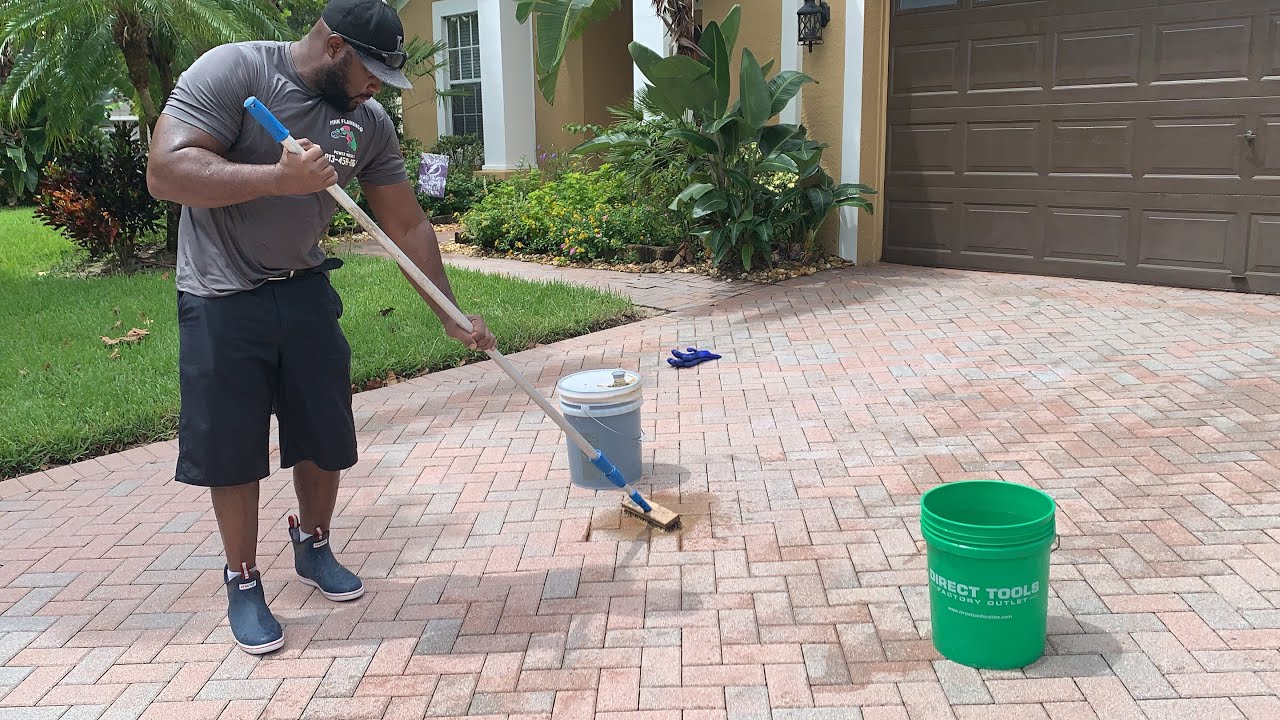
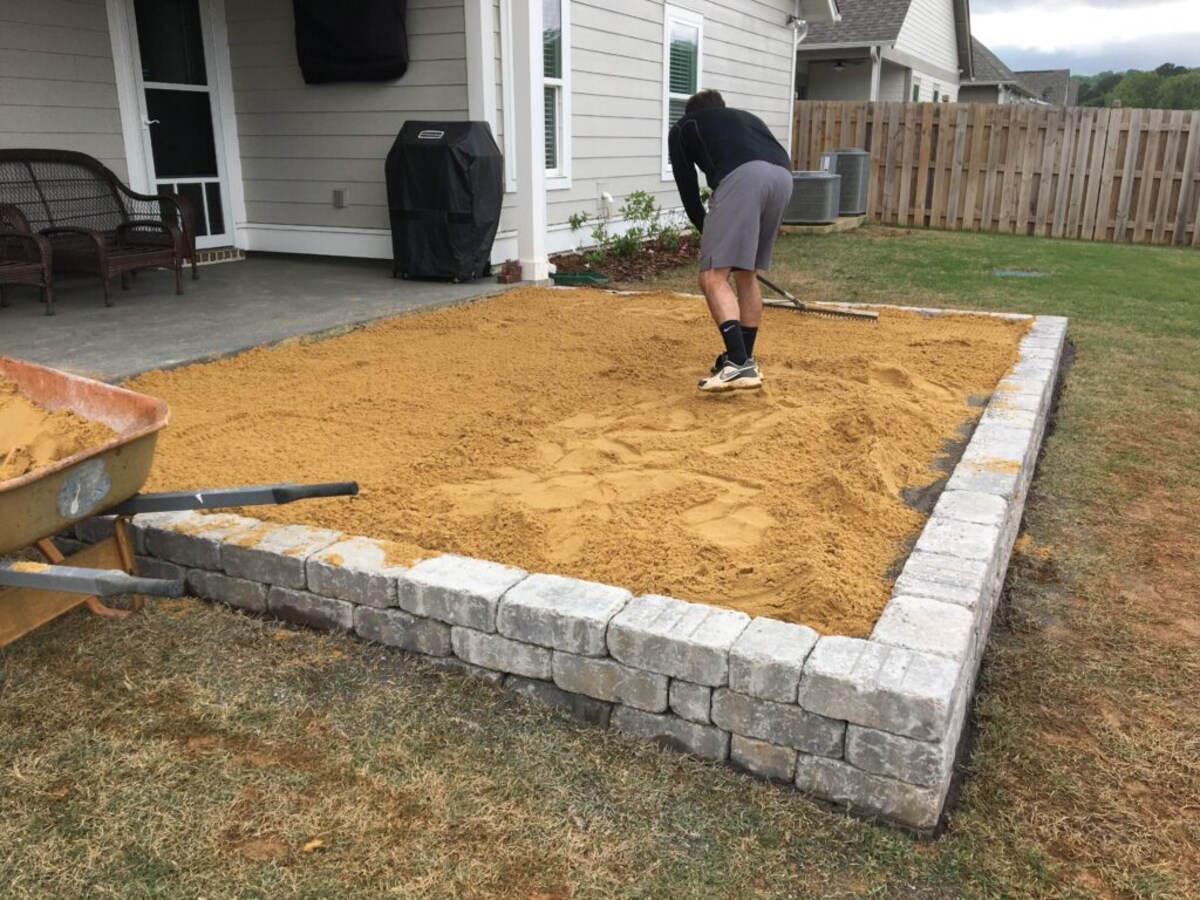
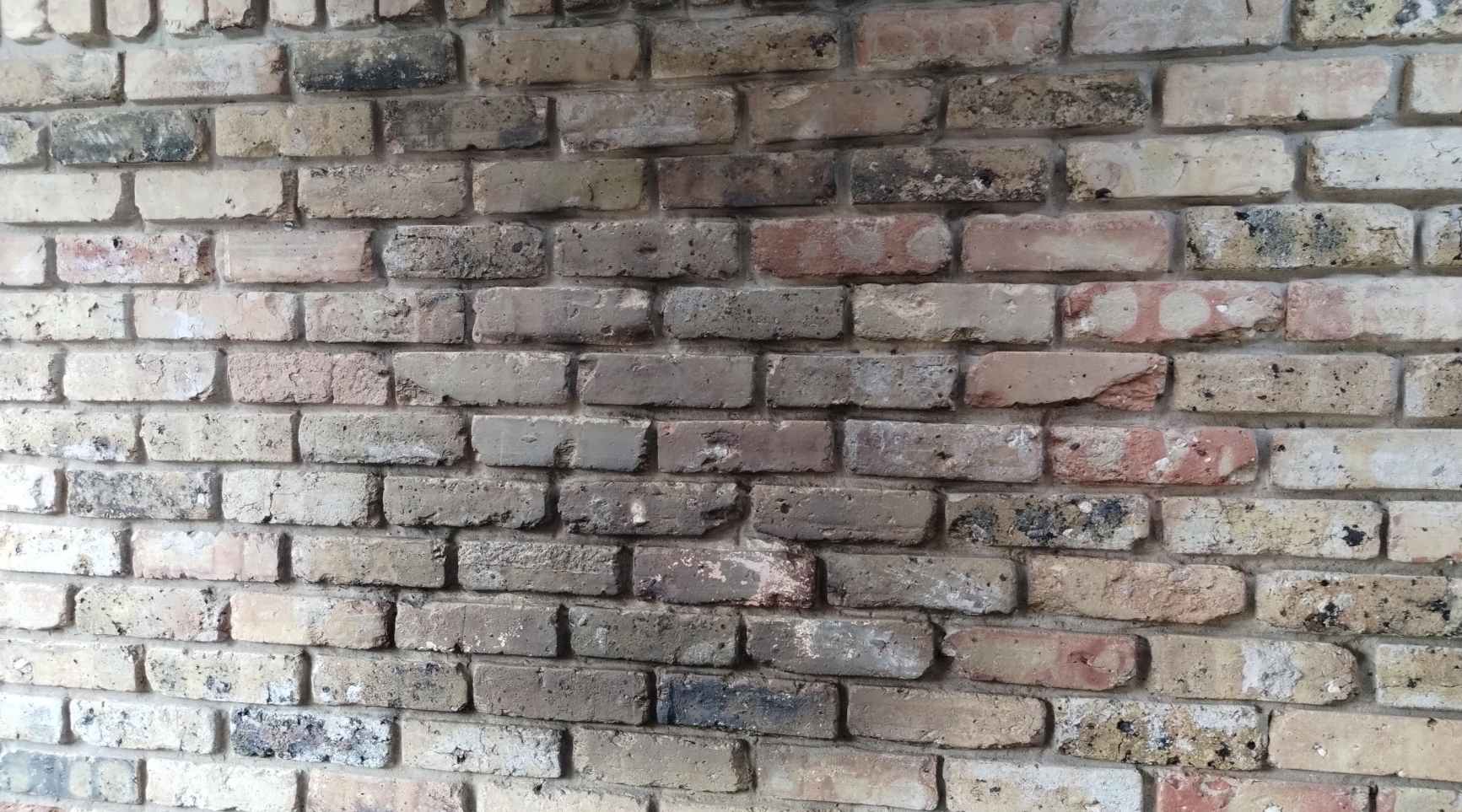
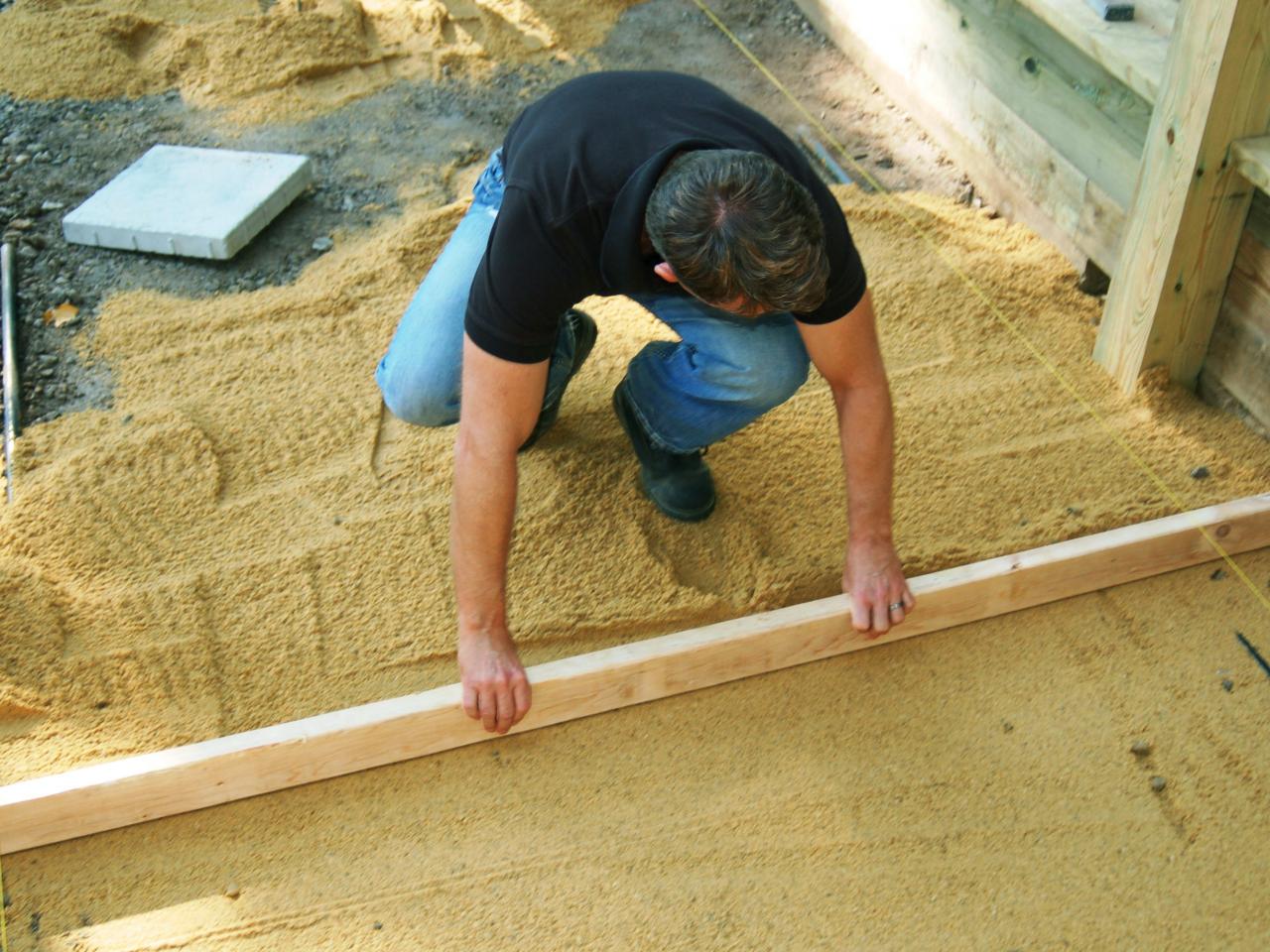
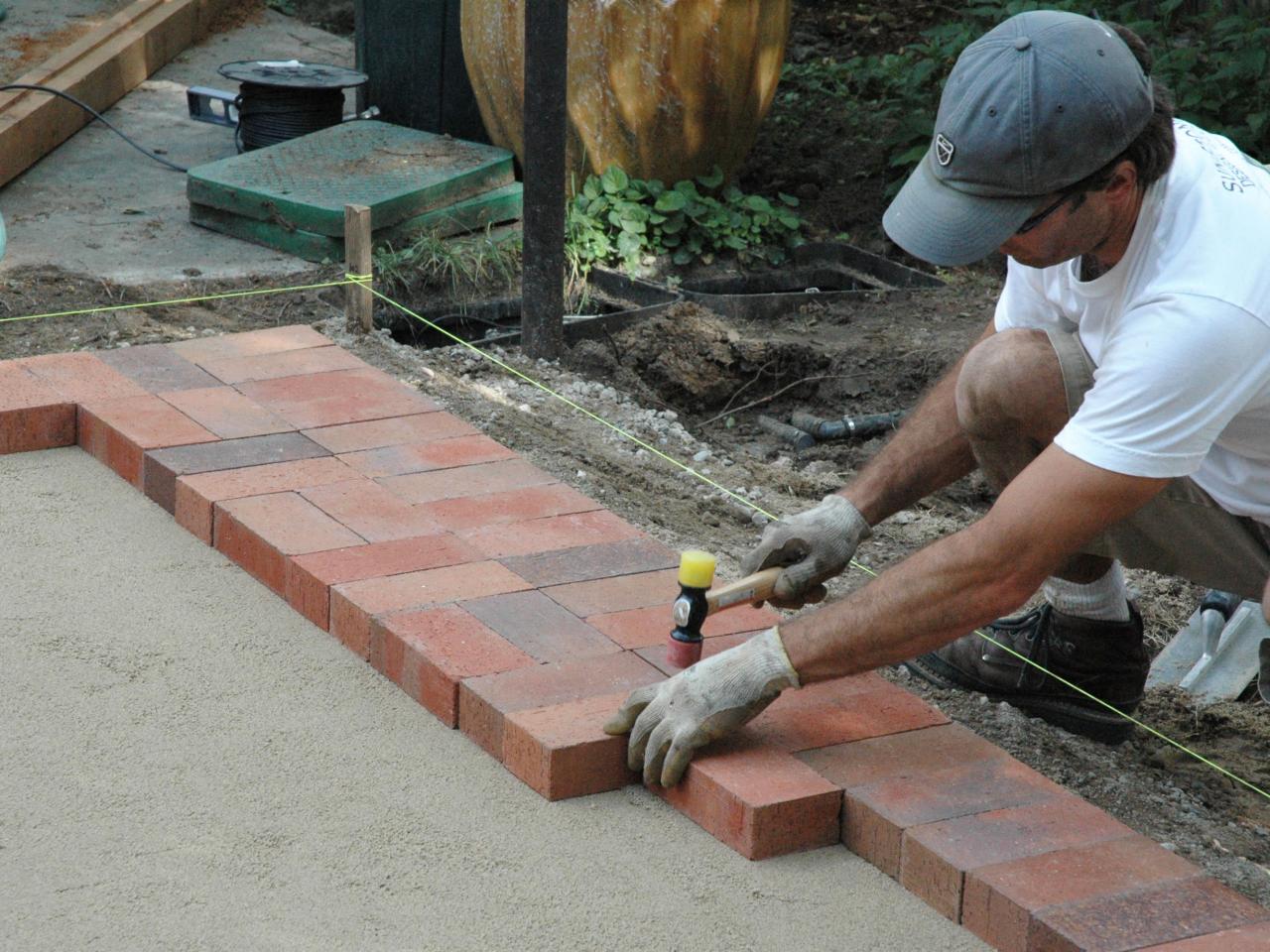
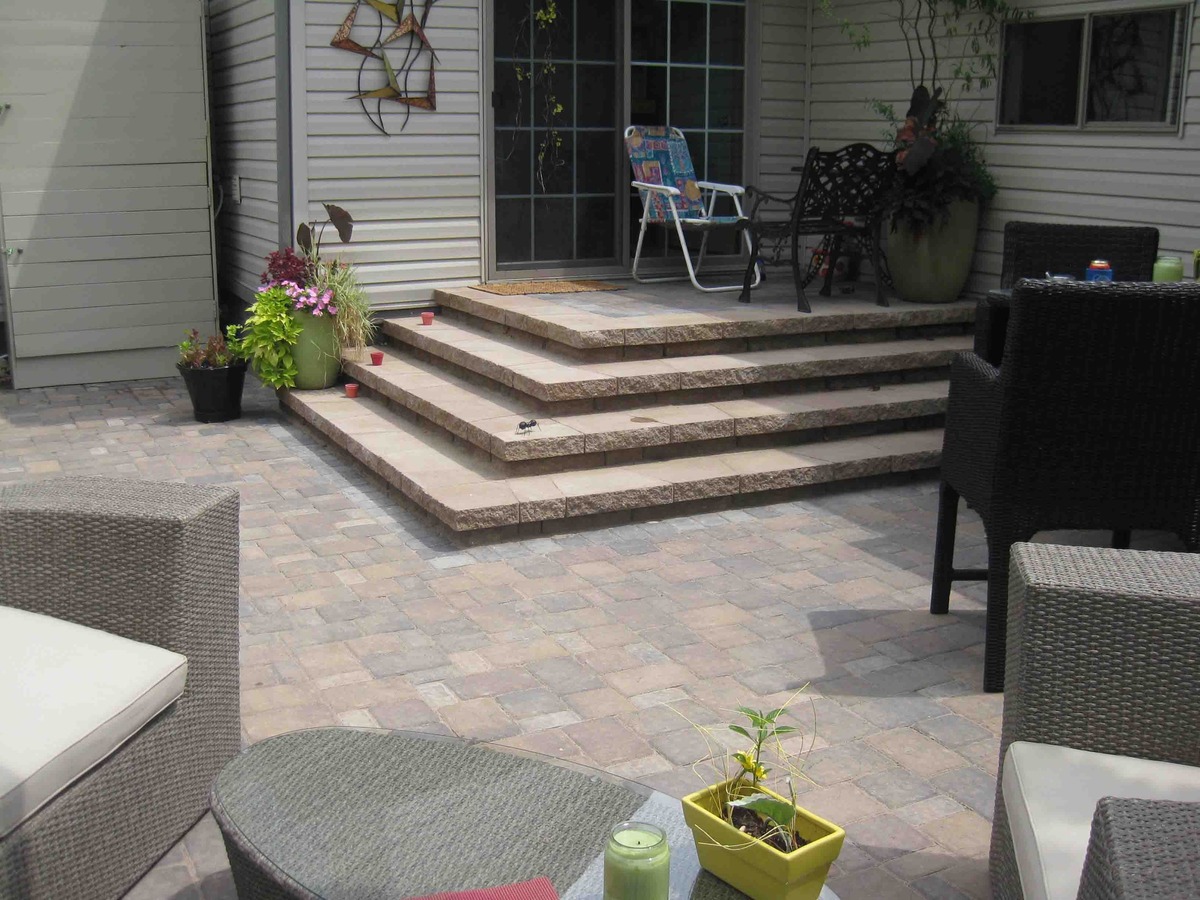
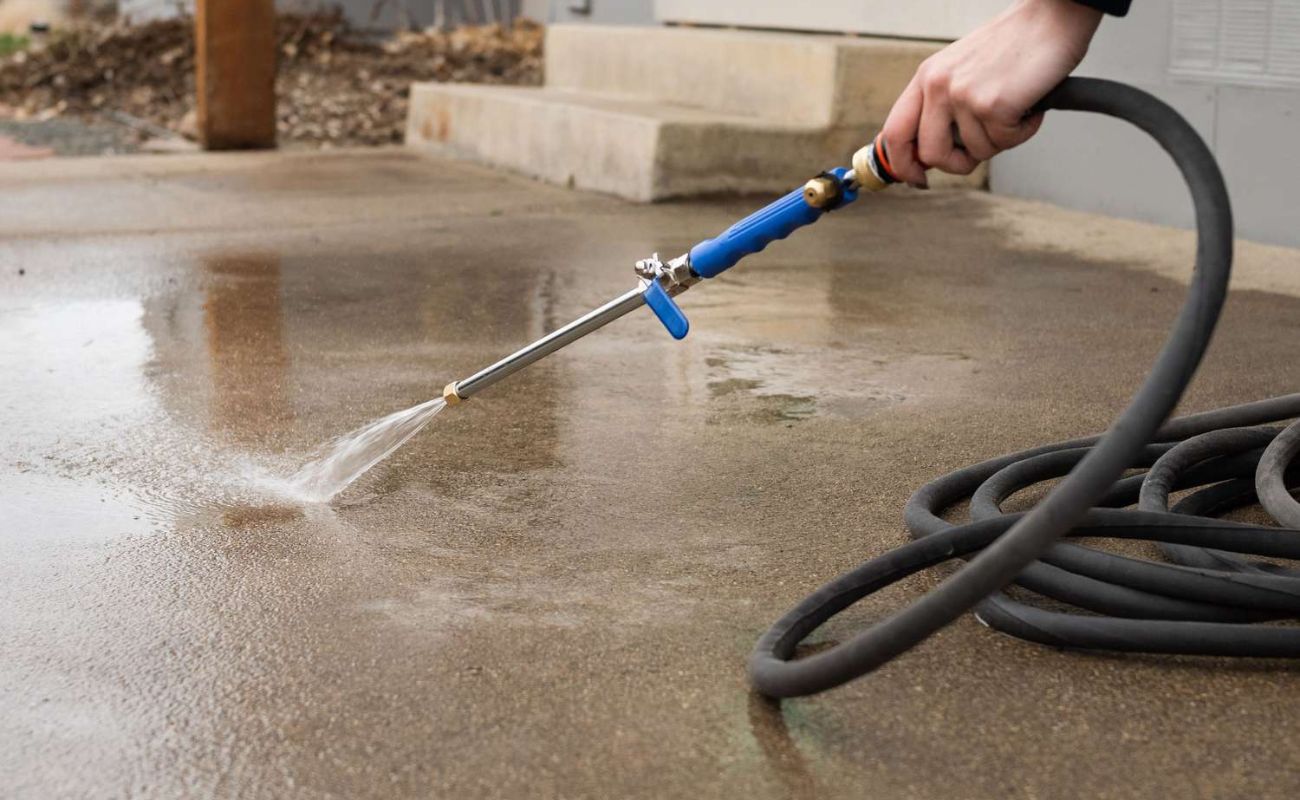
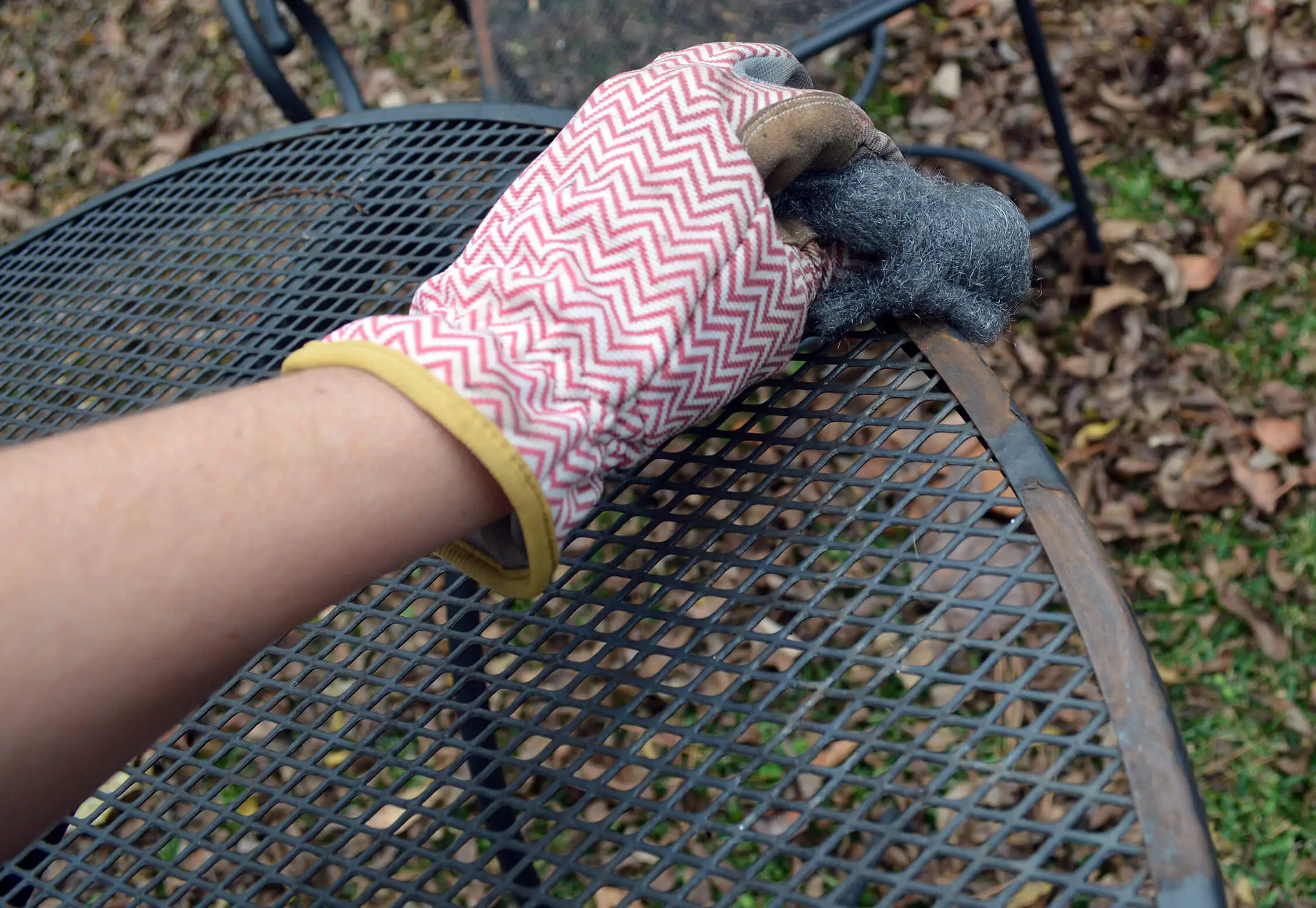
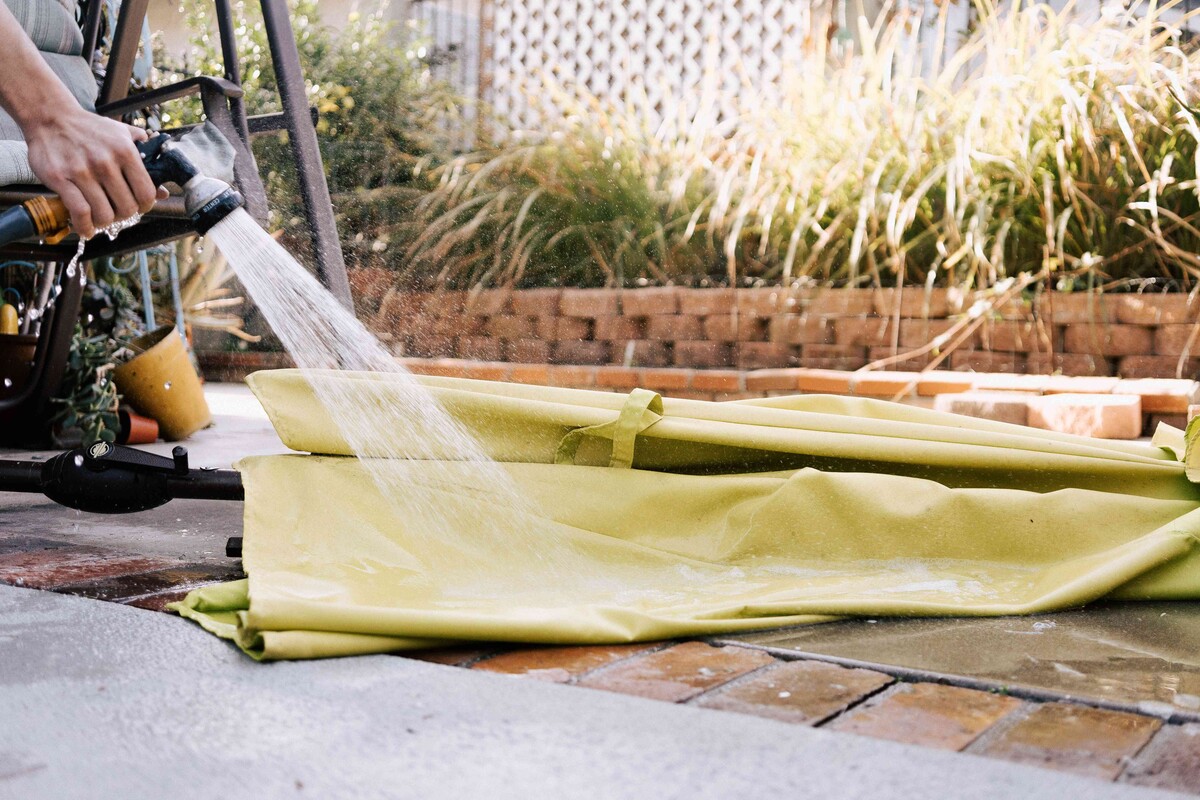
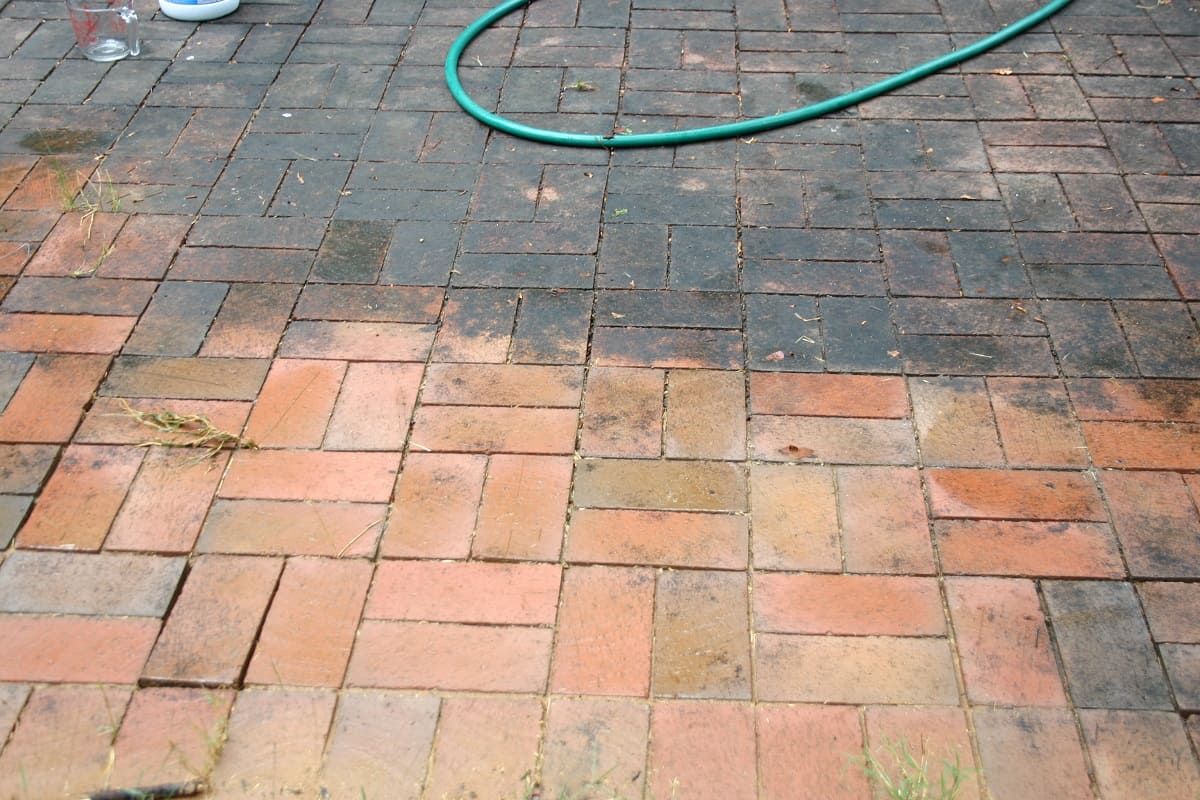
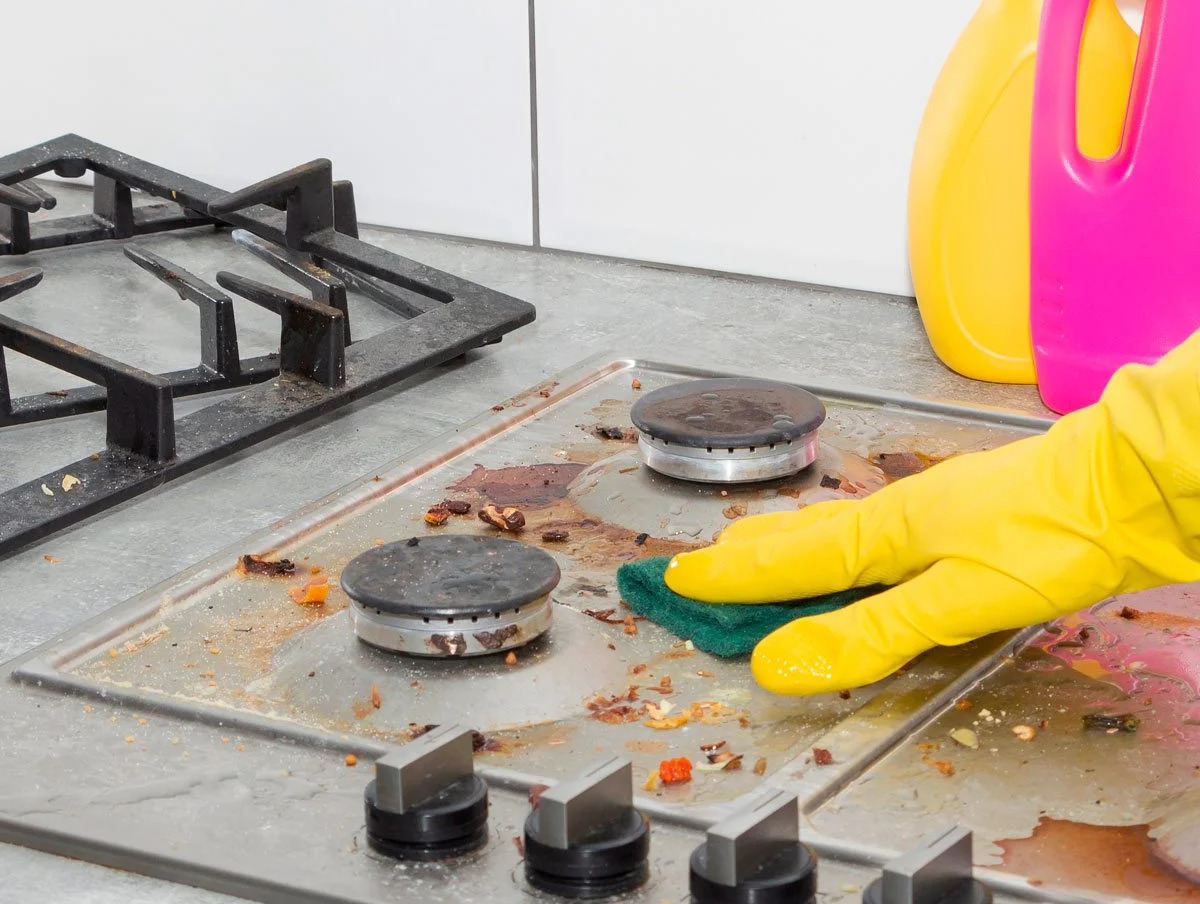
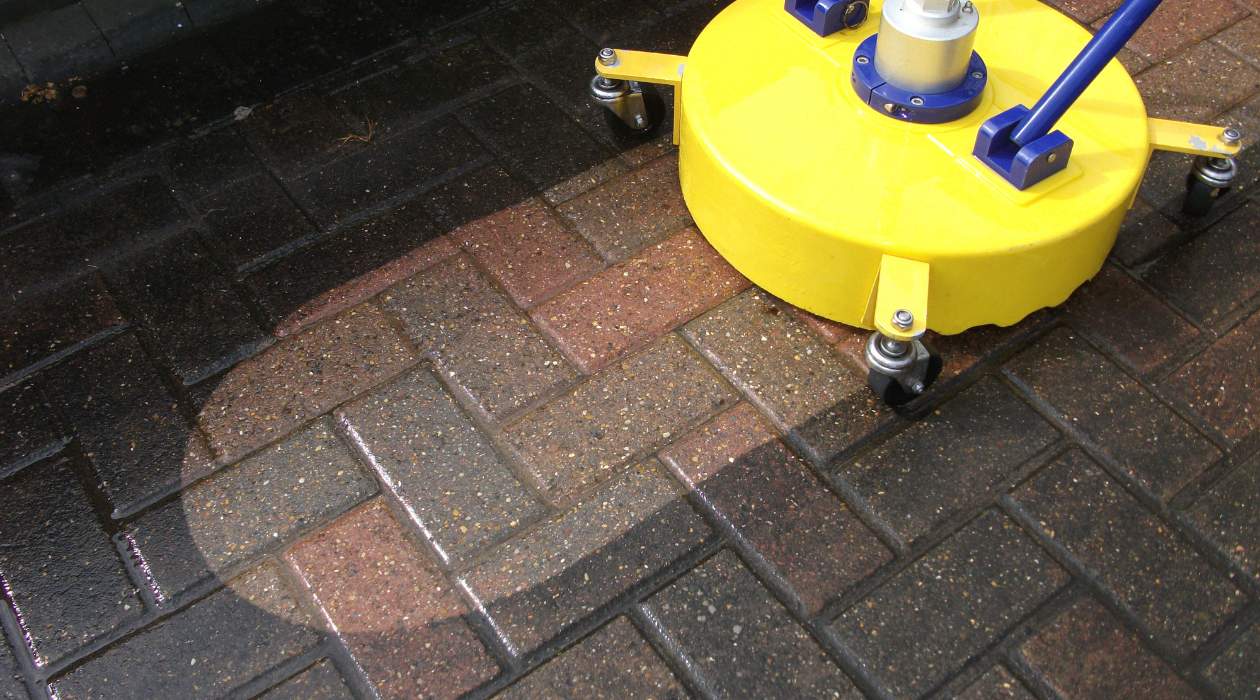


0 thoughts on “How To Clean Grease Off Patio Pavers”